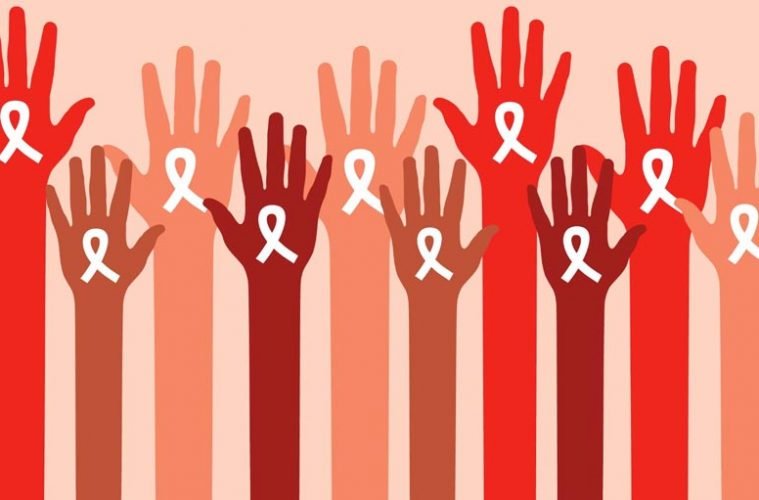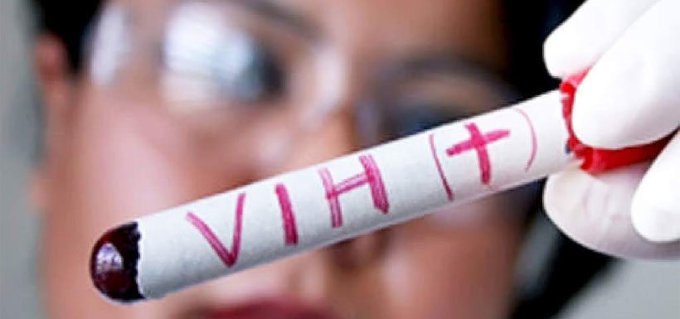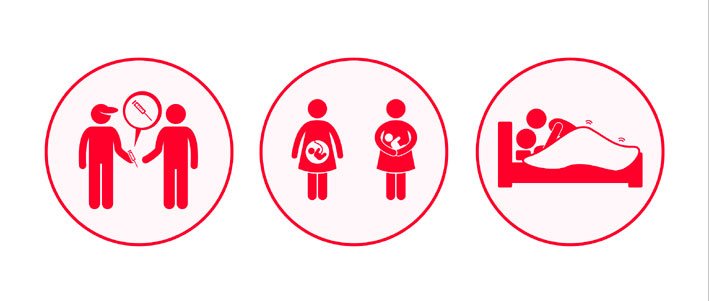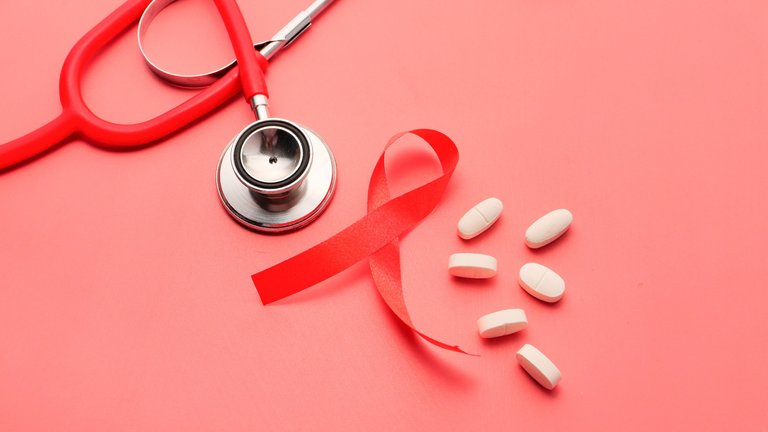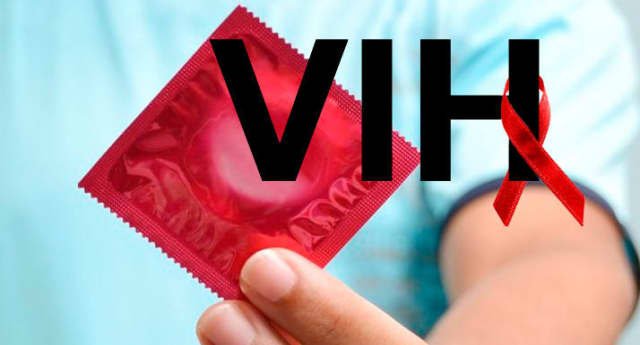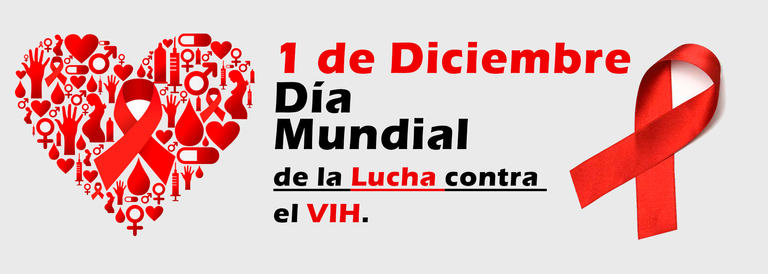 IMAGEN ORIGINAL DEL CANAL
IMAGEN ORIGINAL DEL CANAL
La historia de la humanidad ha estado golpeada desde sus orígenes por letales epidemias. Desde el 2020 el virus del SARCOV-2 ha afectado duramente al planeta y ha causado miles de fallecidos. Hoy primero de diciembre estamos conmemorando el Día Mundial de la Lucha contra el VIH/Sida, otro virus que desde el 1981 ha causado millones de decesos y su propagación se considera como una de las epidemias más destructivas registradas en la historia.
The history of mankind has been struck from its origins by deadly epidemics. Since 2020, the SARCOV-2 virus has severely affected the planet and has caused thousands of deaths. Today, the first of December, we are commemorating the World Day to Fight HIV / AIDS, another virus that since 1981 has caused millions of deaths and its spread is considered one of the most destructive epidemics in history.
El 1ro de diciembre del 1981 se es diagnosticado el primer caso de VIH, y la idea de dedicar este día a la lucha contra el sida se acordó 1988 con el objetivo de promover programas para su prevención.
On December 1, 1981, the first case of HIV was diagnosed, and the idea of dedicating this day to the fight against AIDS was agreed in 1988 with the aim of promoting programs for its prevention.

¿Qué es el VIH/SIDA? // What is HIV / AIDS?

El Virus de Inmunodeficiencia Humana (VIH) es el virus que ataca al sistema inmunológico (el que se encarga de la combatir las enfermedades) del individuo infestado y produce el Síndrome de Inmunodeficiencia Adquirida (SIDA), la etapa final de la infección, donde el cuerpo está extremadamente debilitado y da paso a que aparezcan las conocidas enfermedades oportunistas y ciertos tipos de cáncer característicos de este tipo de infección.
The Human Immunodeficiency Virus (HIV) is the virus that attacks the immune system (which is responsible for fighting diseases) of the infected individual and produces Acquired Immunodeficiency Syndrome (AIDS), the final stage of infection, where the The body is extremely weakened and gives way to the well-known opportunistic diseases and certain types of cancer characteristic of this type of infection.

¿Cómo se transmite el VIH? // How is HIV transmitted?

El virus de inmunodeficiencia se contagia a través de las relaciones sexuales desprotegidas (la forma de transmisión más común) y a través de la sangre. También se puede transmitir de madre a hijo durante el parto. El VIH no impide a ninguna mujer tener hijos, no obstante es necesario tener ciertas precauciones. En el año 2015 Cuba se convirtió en el primer país del mundo en evitar la transmisión del VIH de madre a hijo, lo que constituye un logro para el sistema de salud de mi pequeña Isla.
The immunodeficiency virus is spread through unprotected sex (the most common form of transmission) and through the blood. It can also be passed from mother to child during childbirth. HIV does not prevent any woman from having children, however it is necessary to take certain precautions. In 2015, Cuba became the first country in the world to prevent the transmission of HIV from mother to child, which constitutes an achievement for the health system of my little island.

¿Tiene cura el VIH/Sida? // Is HIV / AIDS Cured?
Hasta la actualidad no existe cura para esta enfermedad, por lo que el paciente vivirá toda su vida con ella. Existen fármacos antirretrovirales que ayudan a mantener el virus indetectable y mejora mucho la calidad de vida de la persona enferma, permitiéndole hacer vida normal y garantizándole una larga existencia.
Until now, there is no cure for this disease, so the patient will live his whole life with it. There are antiretroviral drugs that help keep the virus undetectable and greatly improve the quality of life of the sick person, allowing them to lead a normal life and guaranteeing a long life.

¿Cómo se previene el VIH/Sida? // How is HIV / AIDS prevented?

La infección por VIH se transmite a través de la sangre y el intercambio de fluidos durante las relaciones sexuales sin protección, por lo que el preservativo se convierte en el arma principal durante este combate. Se les recomienda a las personas hacerse exámenes de VIH con cierta frecuencia para poder detectar casos de manera temprana y tratarlas antes de que comiencen las complicaciones.
Evitar compartir agujas y jeringas también es importante, y no me centro mucho en ella porque me parece que es obvio.
HIV infection is transmitted through blood and fluid exchange during unprotected sex, so the condom becomes the main weapon during this fight. People are advised to get tested for HIV on a regular basis so that they can detect cases early and treat them before complications start.
Avoiding sharing needles and syringes is also important, and I don't focus too much on it because it seems obvious to me.
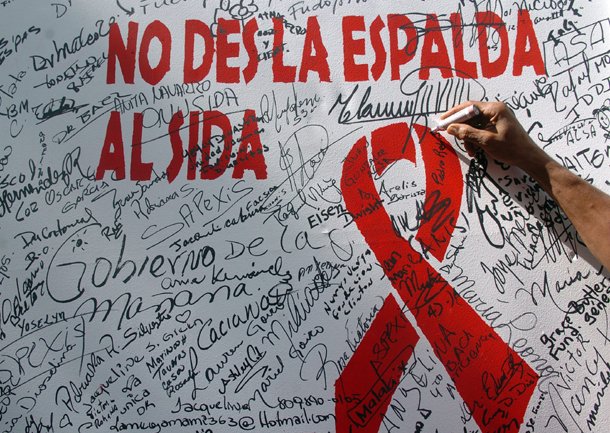 Fuente: Pinterest
Fuente: Pinterest
Es importante recalcar que el virus no se transmite a través de picadas de insecto, sudor, orina, heces y saliva, por lo que es imposible adquirirla a través de besos, saludos, apretones de mano, abrazos, compartir cubiertos, cama, baño, etc. Las personas que viven con el VIH necesitan del amor, el cariño y la comprensión de todos los que le rodean, por lo que es necesario conocer para romper estigmas y evitar acudir al rechazo y causar más daño. Informarse sobre este tipo de enfermedades ayuda a su total prevención. A madres y padres, es de vital importancia conversar con los hijos desde la temprana edad sin vergüenzas ni tabúes para lograr en ellos una conducta sexual responsable y saludable. Así ganaremos una batalla en la Lucha contra el VIH/SIDA.
It is important to emphasize that the virus is not transmitted through insect bites, sweat, urine, feces and saliva, so it is impossible to acquire it through kisses, greetings, handshakes, hugs, sharing cutlery, bed, bathroom, etc. People living with HIV need the love, affection and understanding of everyone around them, so it is necessary to know to break stigmas and avoid resorting to rejection and causing more harm. Finding out about these types of diseases helps to prevent them completely. For mothers and fathers, it is vitally important to talk with children from an early age without shame or taboos in order to achieve responsible and healthy sexual behavior in them. This is how we will win a battle in the fight against HIV / AIDS.
